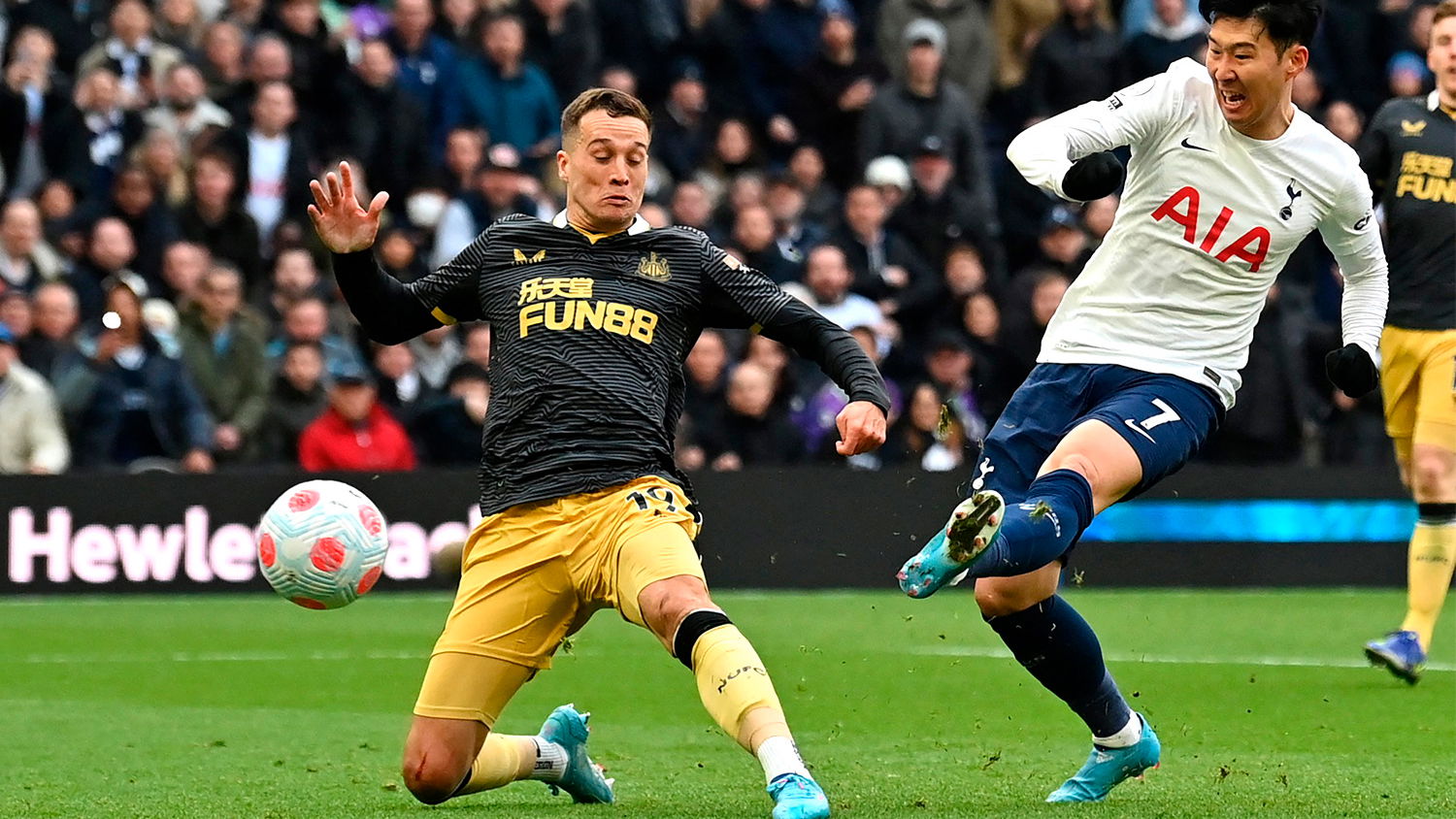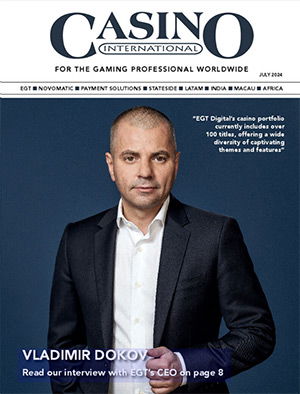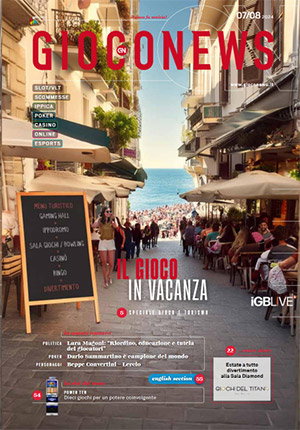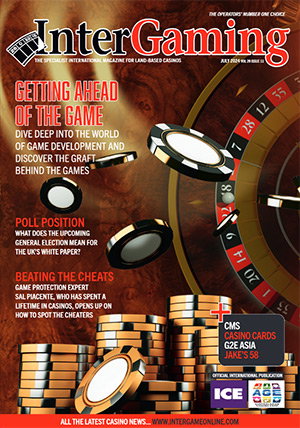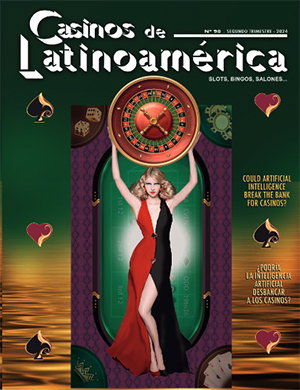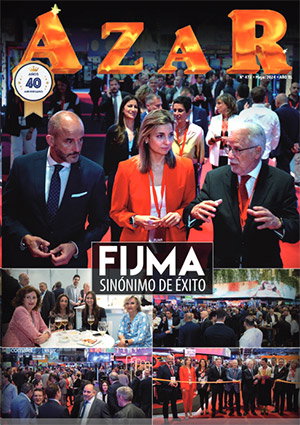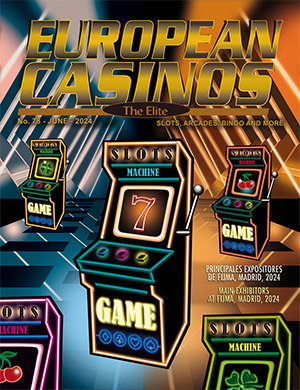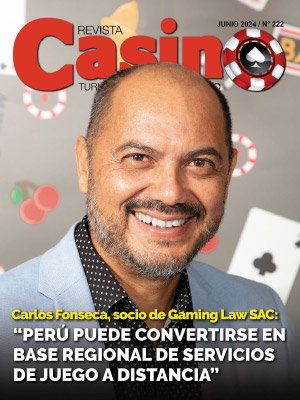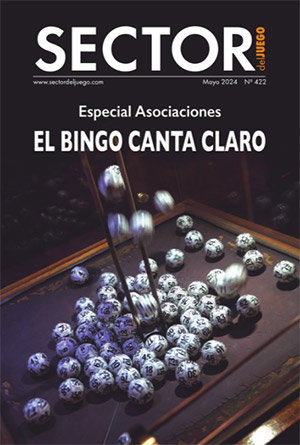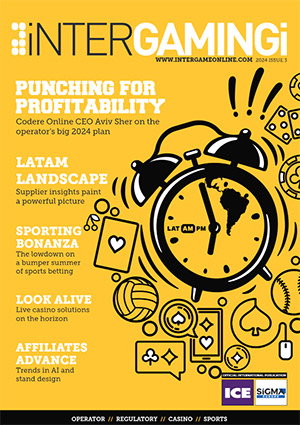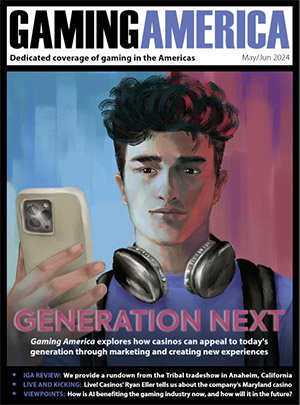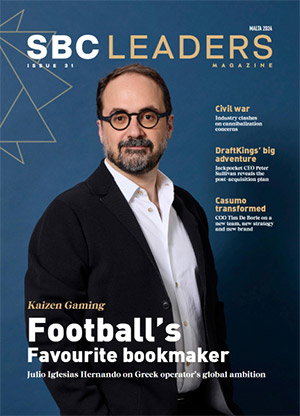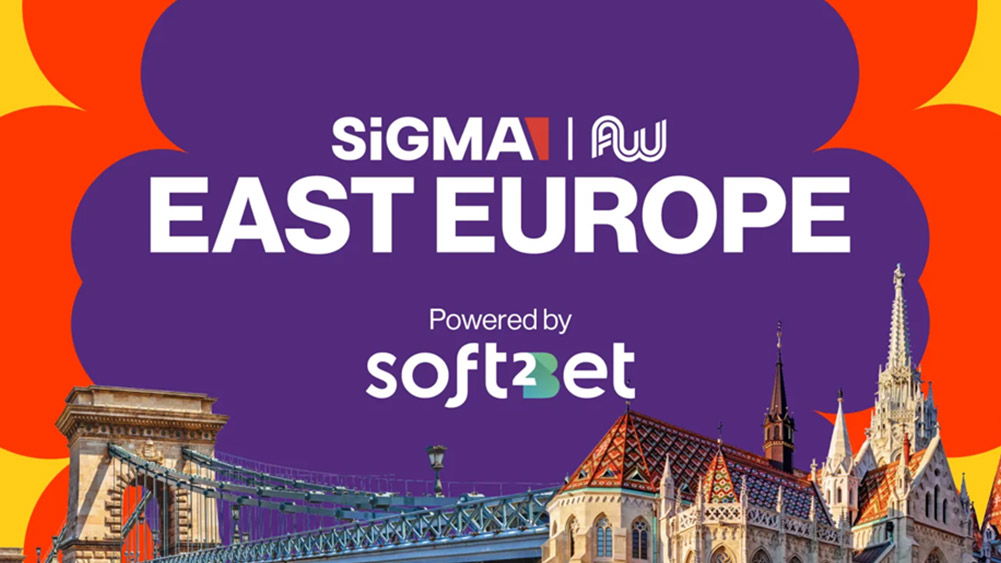Chicago: Mayor candidates support video gambling machines legalization

The two candidates for Chicago mayor have stated they would support legalizing long-outlawed video gambling machines in the city if elected in the April 4 runoff election, reports WBEZ.
Under state law, local governments can ban video gambling machines from operating at restaurants or bars within their city limits. Chicago already had an ordinance on the books banning video gambling in the city, and rather than opting to legalize the machines, Chicago mayors have put their efforts into creating a casino within the city limits.
Chicago mayor candidate Paul Vallas
However, with Chicago’s first casino in the works, both former CPS CEO Paul Vallas and Cook County Commissioner Brandon Johnson have expressed support for bringing video gambling to the city as they seek to become mayor.
Vallas brought it up during an NBC 5 debate last Wednesday when asked how he would fund investments in the South and West sides. He noted he would use "a fair share of TIF money, a fair share of casino money, the gaming money, the video poker money - which of course I would support and legalize - the developer fee money.”
In a written statement, a campaign spokesperson for Johnson said the commissioner “is a supporter of legalized video gambling as an important revenue source for critical investments in public safety, transportation, housing and other public accommodations."
Chicago mayor candidate Brandon Johnson
The statements come as Chicago awaits its first-ever casino after Mayor Lori Lightfoot helped to broker a deal with state lawmakers in 2019. Since then, the city selected Bally’s to operate a casino to be constructed in the River West neighborhood, and officials assure it will bring in nearly $200 million in revenue.
Vallas and Johnson's support for legalized video gambling might not be welcomed news to Bally's. Operators have traditionally opposed expansion of gambling forms like video poker out of fear it will put a dent in brick-and-mortar casino revenue.
Lori Lightfoot
In 2022, gamblers wagered roughly $10.5 billion at Illinois video gambling machines, according to data from the Illinois Gaming Board. Municipalities with the machines brought home a share of $135.5 million in tax revenue. As of February, there were more than 45,100 video gambling terminals across more than 8,200 venues throughout the state.
Video gambling has experienced rapid growth since it began in 2012, and Illinois’ Commission on Government Forecasting and Accountability noted in its September 2022 report on wagering that Chicago “has a huge impact on potential video gaming revenues” and if the city allows for the terminals, the total “could grow significantly.”
While Chicago has not legalized video gambling, there is a patchwork of venues throughout the city that instead have so-called sweepstakes machines, which are unregulated by the city but operate in much the same way as video gambling machines.














